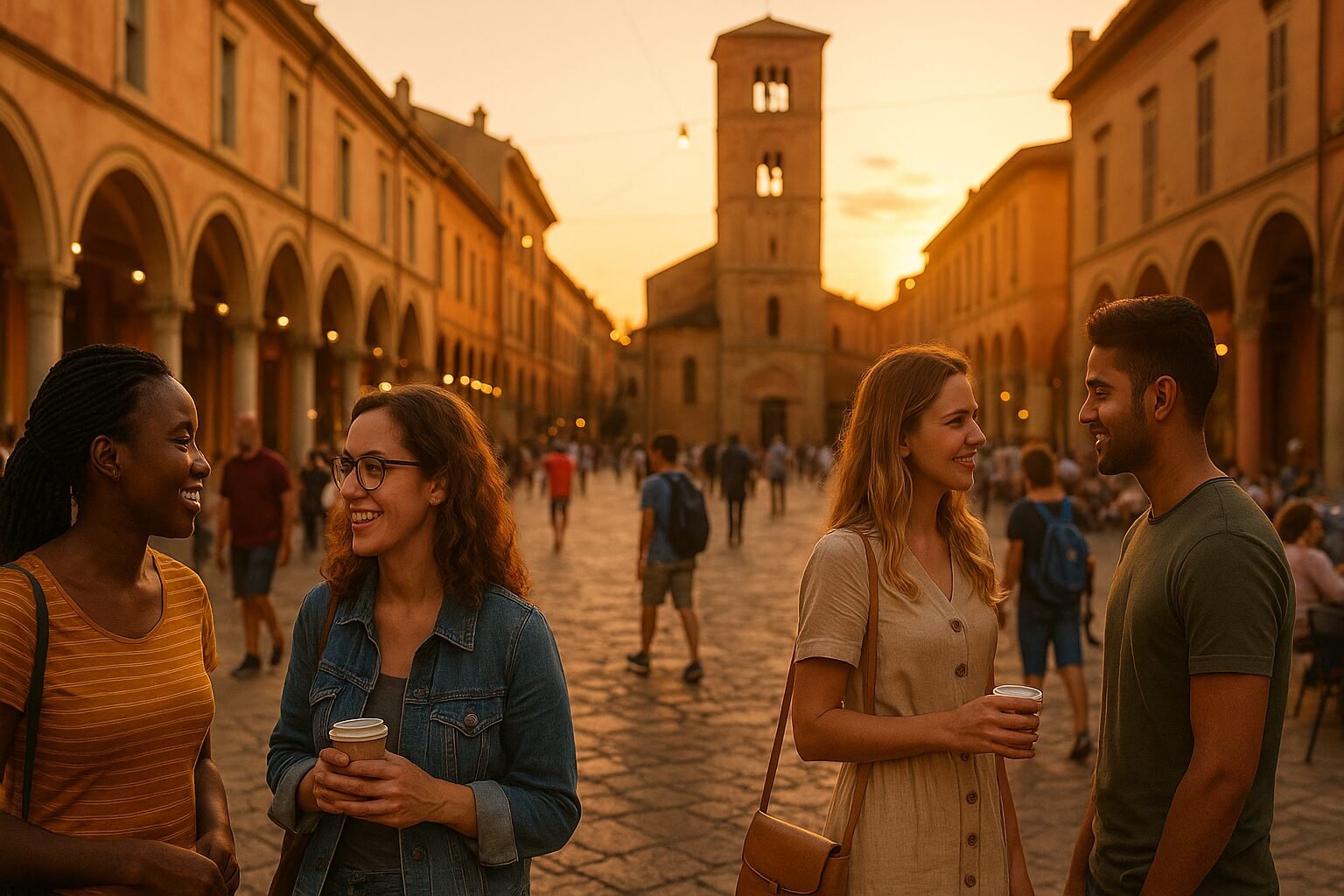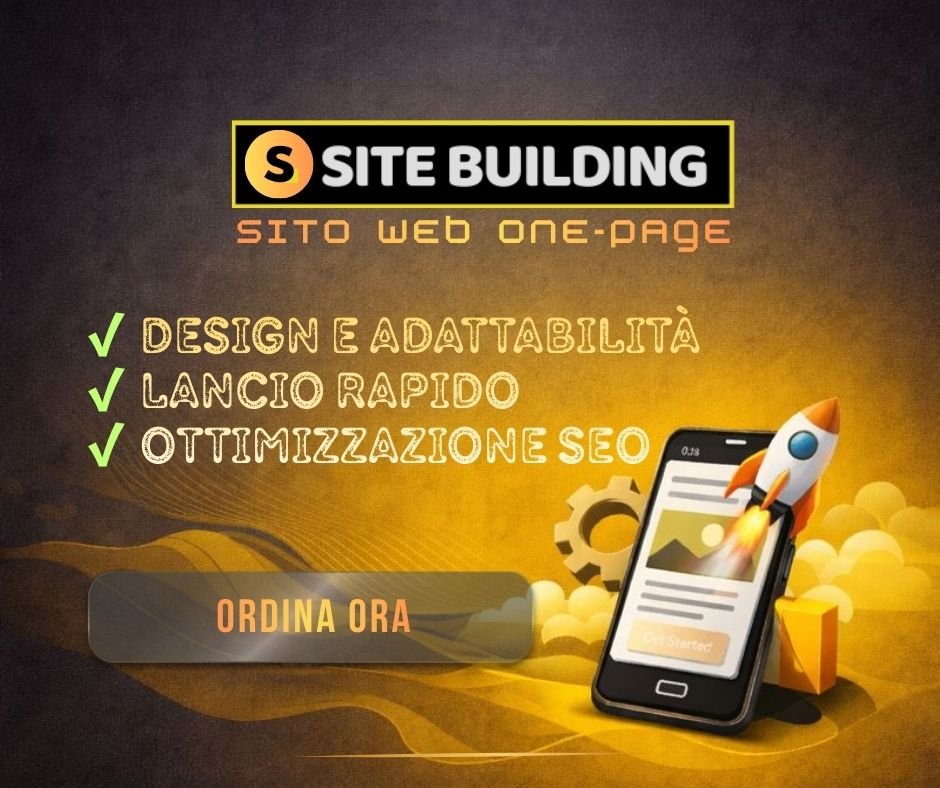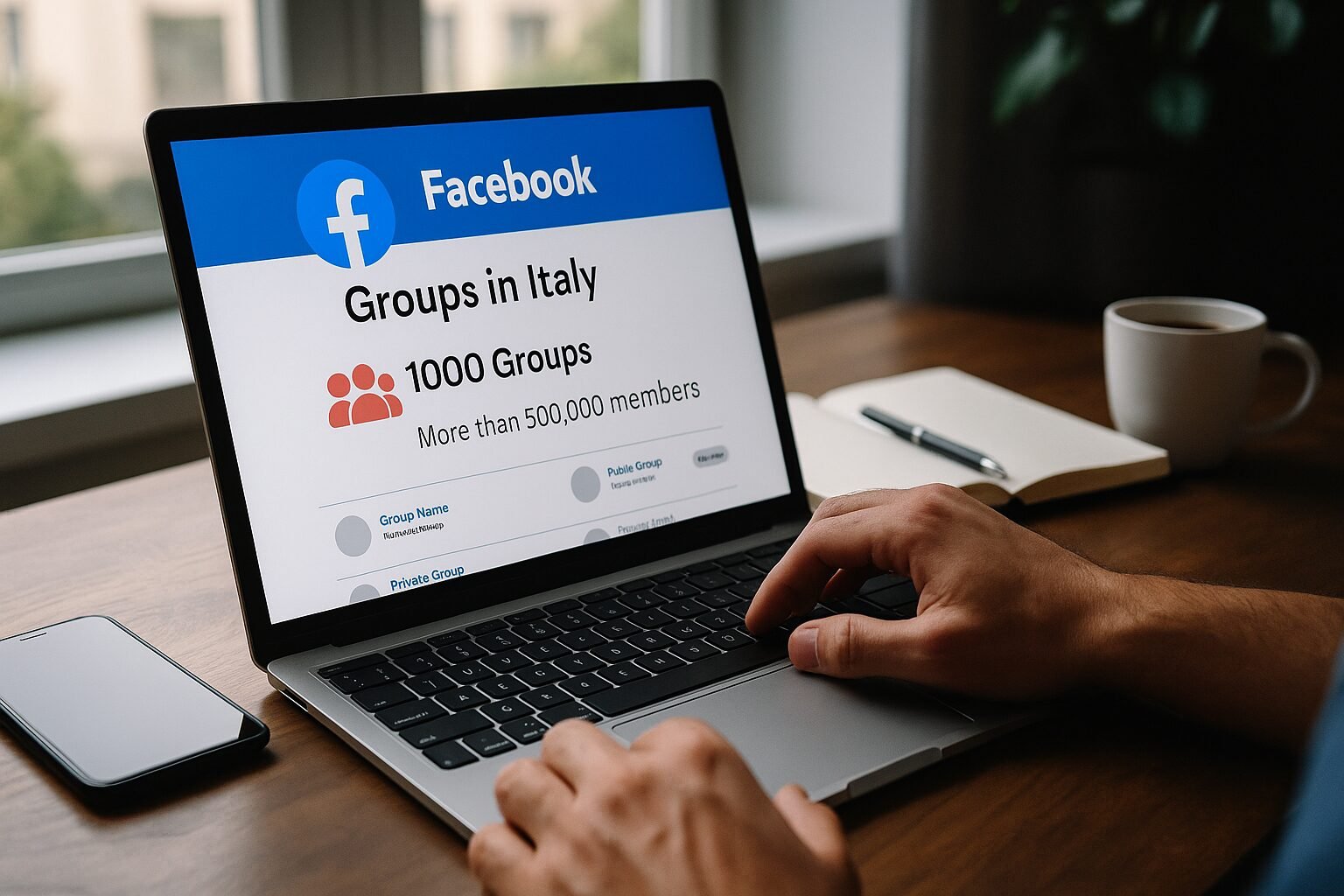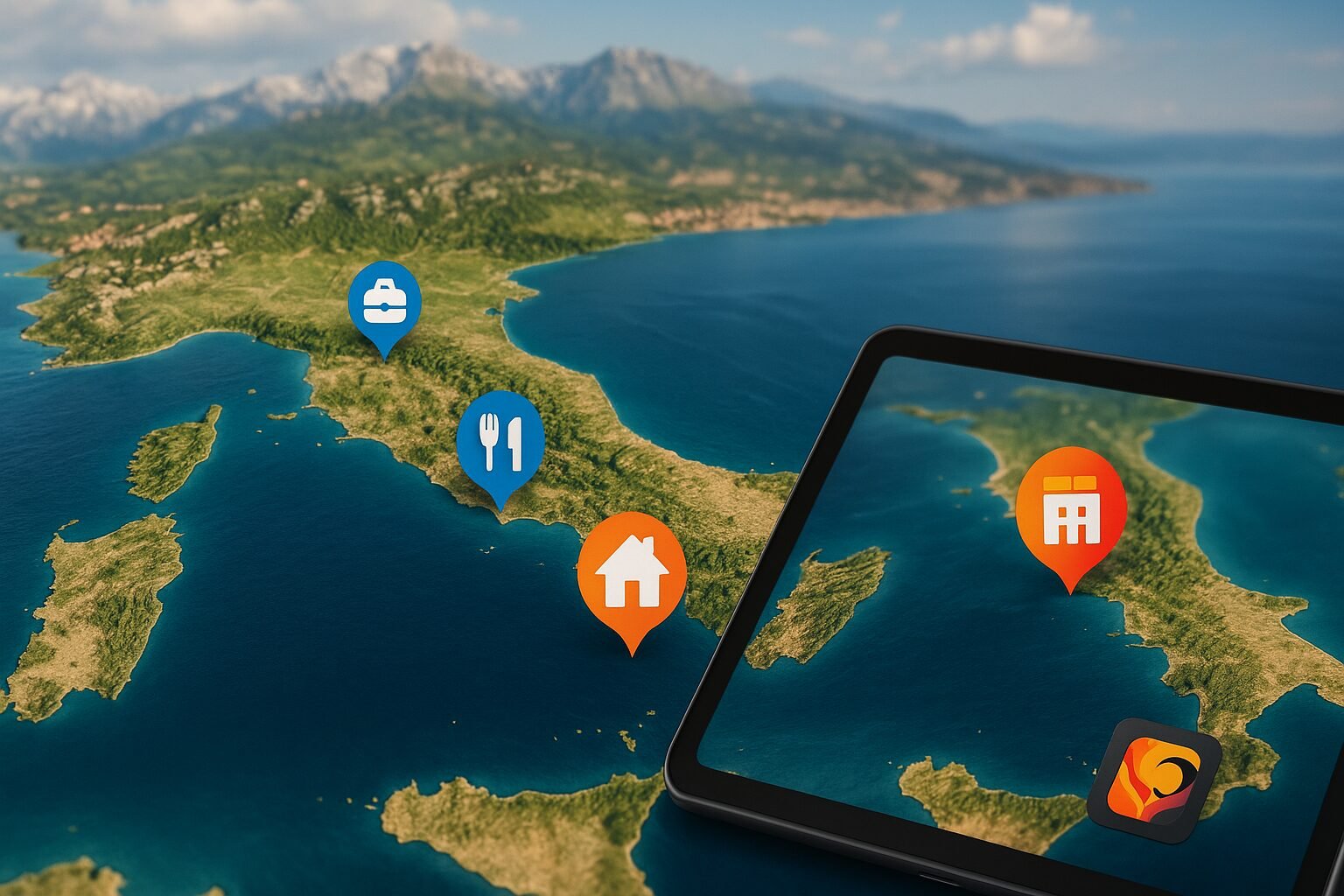Community in Italy is a unique meeting point where the connection between cultures becomes real. Italians, newcomers, and visitors find support, dialogue, and a genuine sense of belonging. The mission is to share values and principles such as transparency, trust, support, and openness, creating a welcoming online community for everyone. Through Facebook groups in Italy (Facebook Page), information and experiences are organized into practical guidance for living in Italy. Community in Italy turns everyday questions into clear steps, strengthens the connection between cultures, and sustains an online community that helps people navigate life and build a more united, supportive future.
Values and principles — transparency, trust and openness
Community in Italy is guided by values and principles that convert goodwill into predictable daily practice. Every person matters and every voice deserves to be heard, but conversations follow a readable structure so answers can be verified and reused. The connection between cultures is handled as method, not slogan: different perspectives are welcome, while evidence and clarity remain the baseline for all contributions in the online community.
Transparency means knowing how things work. Posting rules are public, moderation reasons are logged, and promotional content is labeled so context is obvious. When edits occur, change notes remain visible rather than buried, and older posts are archived with timestamps. These routines keep the archive trustworthy and prevent outdated advice from misleading someone living in Italy who needs a reliable next step.
Trust grows from consistency. The same standards apply to everyone, privacy is protected, and sources are requested before claims are amplified. Content is evaluated for quality, not origin. An audit trail—links to source posts and institutional pages—lets readers follow the path from question to evidence across Facebook groups in Italy and the central hub, raising the baseline quality of the online community.
Openness is structured inclusion, not “anything goes.” Diverse viewpoints fit a shared frame made of concise titles, compact summaries, and tags aligned to cities, regions, and recurring topics. Administrative terms are explained the first time they appear, so people with different backgrounds can participate on equal footing. This balance keeps the connection between cultures constructive and readable for everyone.
Quality is a process, not a promise. A lightweight glossary prevents recurring misunderstandings; templates help people ask complete questions; editorial notes separate testimony from regulation. Each well-documented success becomes a reference pattern, shortening the distance between problem and solution for residents and newcomers living in Italy. Patterns turn scattered anecdotes into guidance others can follow.
Measurement closes the loop. Short monthly summaries highlight improvements, threads that solved the most issues, and procedures that changed. These reports show where standards worked and where refinement is needed. Step by step, Community in Italy proves that transparency, trust, and openness are daily routines rather than slogans, and that the online community can deliver results with clarity and civility.
Online community and support between people (Facebook groups in Italy)
The online community turns mutual help into a repeatable method. Threads are thematic, summaries collect the most actionable replies, and links to public sources stay near the conversation. Each contribution is written for reuse, so a reader arriving months later can retrace the same steps. This design makes the connection between cultures practical: individual stories are converted into checklists, timelines, and documents that others can apply in similar circumstances.
Support appears first where needs repeat. People search for housing, schedule medical appointments, enroll children at school, manage mobility, and deal with municipal or regional portals. The system distinguishes stable instructions from volatile details, adding context for local differences and seasonality. Guidance that works in one province may need a small adjustment in another; marking that explicitly keeps expectations realistic for people living in Italy.
Curation is visible in the details. Duplicates are merged; incomplete posts are completed with missing fields; corrections are shown rather than hidden. Tags are normalized so search returns comparable cases instead of a patchwork of near-duplicates. References to Facebook groups in Italy add capillarity: local reports surface changes quickly, while a central archive preserves the most reliable version for future readers inside Community in Italy.
A non-judgmental tone is an editorial decision that protects participation. Real examples are encouraged but sit beside official references so the line between personal experience and formal rules is clear. Disagreements are handled by focusing on behavior and facts, not identities. These patterns reflect agreed values and principles—transparency, trust, and openness—so the connection between cultures strengthens under pressure rather than frays.
Accessibility is part of support, not an afterthought. Readable paragraphs, basic glossaries, and embedded institutional links reduce barriers to entry. City and region collections, topic indices, and living FAQs help newcomers find prior answers quickly. Time spent guessing is replaced by applying proven sequences, which makes living in Italy more predictable and less stressful for everyday decisions.
Over time the network effect compounds. Resolved cases create shared memory; posting templates improve the quality of new questions; periodic updates highlight form changes and new deadlines. The online community does not replace reality; it complements it with maps and references that make outcomes more predictable. Inside this framework, Community in Italy remains a dependable point of orientation powered by Facebook groups in Italy and careful curation.
Living in Italy with the strength of Community in Italy
Living in Italy involves navigating regional differences, shifting rules, varying office hours, and terminology that can be opaque at first. Strength comes from turning that complexity into clear sequences: what to do first, which documents are required, where to check updates, and when an exception applies. A shared frame separates standards from edge cases and marks whether a practice is local, regional, or national, so progress is steady across everyday tasks.
The connection between cultures helps decode daily interactions. People learn how to approach a counter, interpret a request, and understand what steps allow reasonable flexibility. Testimonies are treated as reusable instructions rather than isolated anecdotes. Language stays plain, with compact lists and links to institutional pages, which makes paths replicable for anyone living in Italy, from the first days to long-term residence.
Community experience is paired with official material to keep guidance grounded. When necessary, circulars, forms, calendars, and links to digital desks accompany threads. The shared values and principles require verifiability and currency, so corrections are tracked and superseded content is archived with explicit markers. Readers know which guidance is current and which is historical, keeping the archive useful instead of a pile of outdated posts.
Connected platforms add reach and timely feedback. Facebook groups in Italy act like local sensors, surfacing changes, reporting real waiting times, and providing ground truth from different cities. When new information appears, it is normalized and integrated into the central structure of Community in Italy, so it stays accessible to future readers and remains consistent with the rest of the online community.
The human dimension remains central. Orientation is not only about counters and modules; it touches real choices—moving cities, enrolling children at school, booking first medical visits, switching utility contracts, or finding rooms and apartments. Editorial discipline reduces uncertainty and provides a workable map: fewer dead ends, more targeted actions, and clearer expectations about time and outcomes for daily living in Italy.
The outcome is order and trust at scale. The online community connects archives and people; the connection between cultures provides a shared lens; and the shared values and principles keep standards high. Information does not remain locked in isolated threads; it is reused and refined. Recurring processes become manageable with concrete tools, while Community in Italy provides continuity—listen, verify, update—that supports everyday navigation across regions, offices, and neighborhoods.






